What We're Reading, Vol. 14
Photo by Olivia Gündüz-Willemin.
“November is very much still autumnal, but as the weather is chilling, I feel the need to start preparing for winter and for my reading to reflect the change of seasons.”
When November began, we said it was the quietest and coziest month of the season. The calm before the storm that is December and the holiday season. That has so far proven to be true in some regard, as we seek comfort from all sources. Candle-lit rooms. Warm blankets. Hot drinks in hand. Seasonal reads and rereads. Cozy atmosphere aside, November has been a month that’s been full of turbulence for many, an inescapable reality with the state of the world, and as always in such moments, we cling to what is good.
Most importantly then, we’ve been resting our minds – recovering from influential reads of last month like recent Booker Prize winner Bernadine Evaristo’s Girl, Woman, Other, or recovering from very real life events with the reads we have chosen lately. Reads have been slow but mindful, impactful but calming.
Here’s what we’ve been reading this month…
Lauren Olmeda
Since finishing Girl, Woman, Other by Bernardine Evaristo last month, I have had a book hangover. Nothing else I’ve picked up has come close. I tried to get into a few books, only to find myself drifting off 25 or so pages in. Very unlike me. I read The River Capture by Mary Costello while on holiday down on the coast of Waterford, and not even my incredible surroundings could save me from the mess that book was. Yikes. Luckily, one of my best friends recommended The Fire Starters by Jan Carson, and it was exactly what I needed to pull me out of my slump. The novel explores inherited trauma in post-Troubles Belfast, focusing on the stories of two fathers who struggle to raise their children in a fragile, unpredictable country. With elements of fantasy, violence, and unconditional love, Carson has created a most unusual yet stirring story of modern Belfast - a city trying to move forward and hold on to its past simultaneously.
I like to move between fiction and non-fiction in equal measure, so my current read is Catch and Kill: Lies, Spies, and a Conspiracy to Protect Predators by Ronan Farrow, a writer and investigative journalist I respect immensely. This is his second book, and its focus is on the espionage employed to protect the most vile predators of our time, from Harvey Weinstein to Donald Trump, and the efforts employed to silence their victims.
Milena Le Fouillé
I've carried on with my Very Brontë Autumn in November, and after Jane Eyre and The Wide Sargasso Sea, I dove into The Tenant of Wildfell Hall by Anne Brontë, the only sister I had never read before. I loved it, and I was surprised by how modern the story felt at times: not only does the main protagonist, Helen, find the strength and the courage to flee an abusive relationship, but the author also takes the time to explore the pressure a number of young women were put under at the time to marry extremely young. I did not think it quite compared to Jane Eyre, simply because in spite of these very modern stances, the story is also very conservative, especially regarding religion and moral virtues, but I'm extremely glad to have discovered this author. It feels wonderful to take the time to read nineteenth century literature again, to immerse myself into another time and another place, and Wuthering Heights is naturally next on my list. I read it a couple of times in high school, and remember liking it a lot, but I'm really curious to see if this one has stood the test of time for me.
Theory has also made an unexpected come back in my life this month, when a friend put a copy of Roland Barthes' A Lover's Discourse: Fragments into my hands, and told me "you needed to read this YESTERDAY" (jokingly… I think?). It was indeed a wonderful book, although quite indescribable: Barthes tries to apply the tools of structuralism to the feeling of love itself. The result is a sometimes charming, sometimes heartbreaking, but always very poetic discourse, that I would strongly recommend to every romantic reader.
Finally, my brother unexpectedly gave me a book by the French philosopher Marianne Chaillan, Game of Thrones: the Metaphysics of Murders (titled after Kant's The Metaphysics of Morals). The book is an accessible handbook tracing the history of Western political and ethical philosophy, using only examples taken from Game of Thrones. I'm not usually one for pop philosophy, but I must say that I was very impressed by how well this one held up. Most importantly, it made me want to start reading classical philosophy again. I might finally open a Machiavelli or a Nietzsche for the first time soon.
November is very much still autumnal, but as the weather is chilling, I feel the need to start preparing for winter and for my reading to reflect the change of seasons. I've put Philip Pullman's His Dark Materials on my nightstand (I understand that they have polar bears, a fact which qualifies them for winter reads as far as I'm concerned). I've never read the trilogy before, but I've heard nothing but the highest praise about it, and I cannot wait to dive into the series.
Olivia Gündüz-Willemin
November’s been a difficult month for me, where my reading patterns haven’t been at their norm. I haven’t finished a single book this month, despite genuinely liking every book I’ve picked up. I’m just reading at a glacial pace because sitting down and making my way through an entire book feels like an impossibility at the moment. So bits and pieces of various novels, poetry, and non-fiction have been keeping me going and feeding my intellectual soul. Muriel Spark’s Memento Mori has been a constant, basically since the day I took part in last month’s What We’re Reading to today. An almost absurdist novel about a group of elderly friends and acquaintances who receive phone calls telling them to “remember you will die,” the novel is part mystery, part social delight. This week, Jia Tolentino’s Trick Mirror has been keeping me company as I’ve carried it around in my bag and picked up during solo sessions at coffee shops that I’ve imposed on my schedule as a bit of self-care. While everyone was busy reading it late this summer, I was frantically trying to get a copy and then decided to put it aside for a bit once I did because anyone and everyone seemed to be making connections between it and Caroline Calloway and I wanted to put a bit of distance between them. I’m glad I’m reading it now because it’s making my very tired brain think about familiar topics in a new way. So far, I’ve read her essays on the Internet and reality television, and I’m looking forward to reading more of what she has to say.
Appropriately for a time of fragmented consumption, I’ve also been dipping into my collections of Emily Dickinson poems – her work always feels autumnal to me in a very November fashion, and getting ready to watch the new Dickinson series (another absurdist take on what we know), it felt like the perfect moment to read more of her poetry. I’m not usually one for poetry, but Dickinson is always my main exception to the form – she writes feelings like no other and I just absolutely love the way entire worlds unravel from her words.
Lauren Olmeda holds bachelor’s and master’s degrees in international relations. She works in public affairs in Dublin, Ireland and is Editor-at-Large of the Attic on Eighth.
Milena Le Fouillé is an art historian based in Paris, France, with a specialty in nineteenth and twentieth century art and a strong taste for mythology, fairy tales and legends. She's probably hiding in a museum's cafeteria right now, reading a novel when she really should be working.
Olivia Gündüz-Willemin is Editor-in-Chief of The Attic on Eighth. She is dedicated to reading her way through the world and trying to stay as calm as possible.



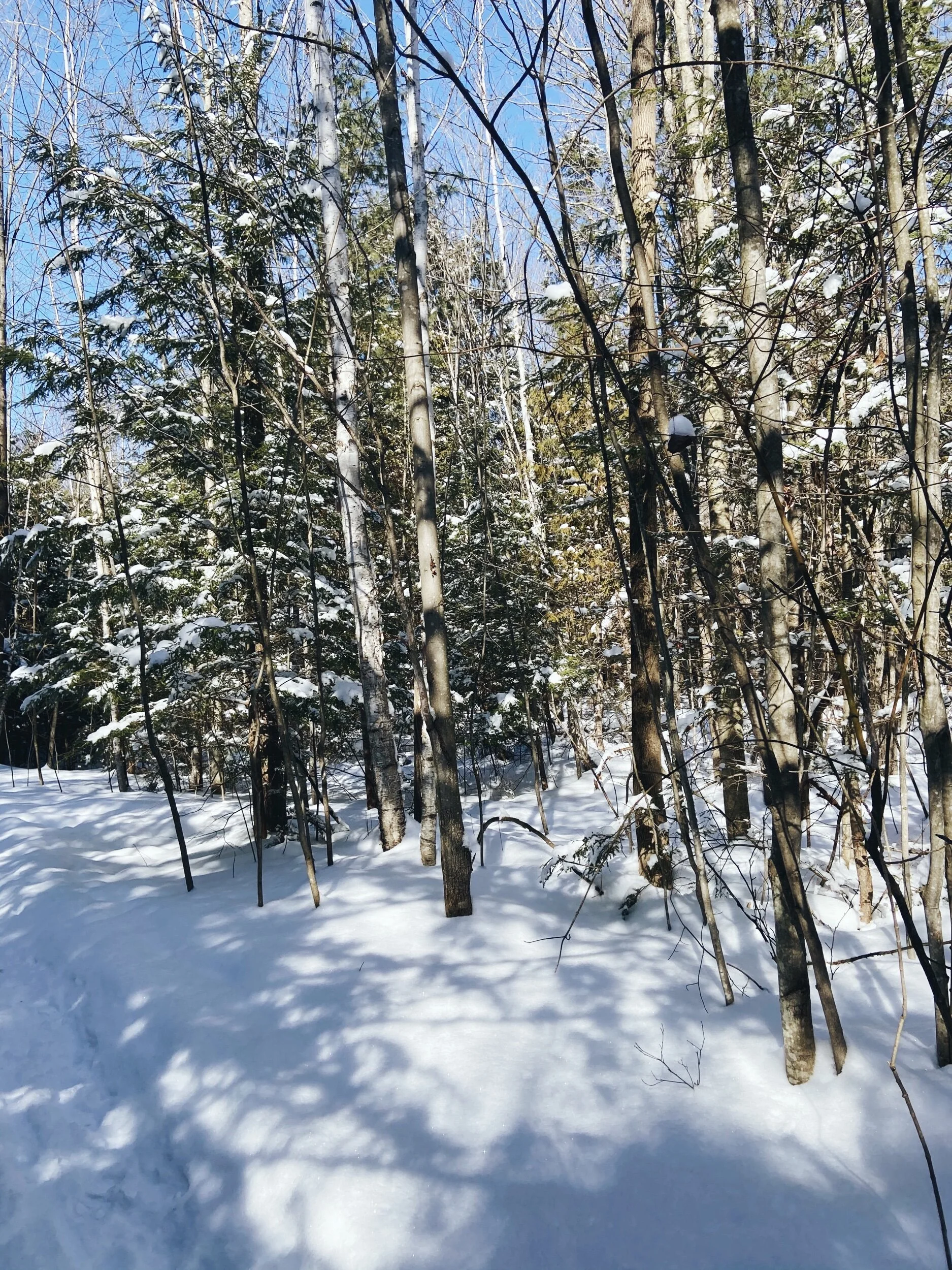
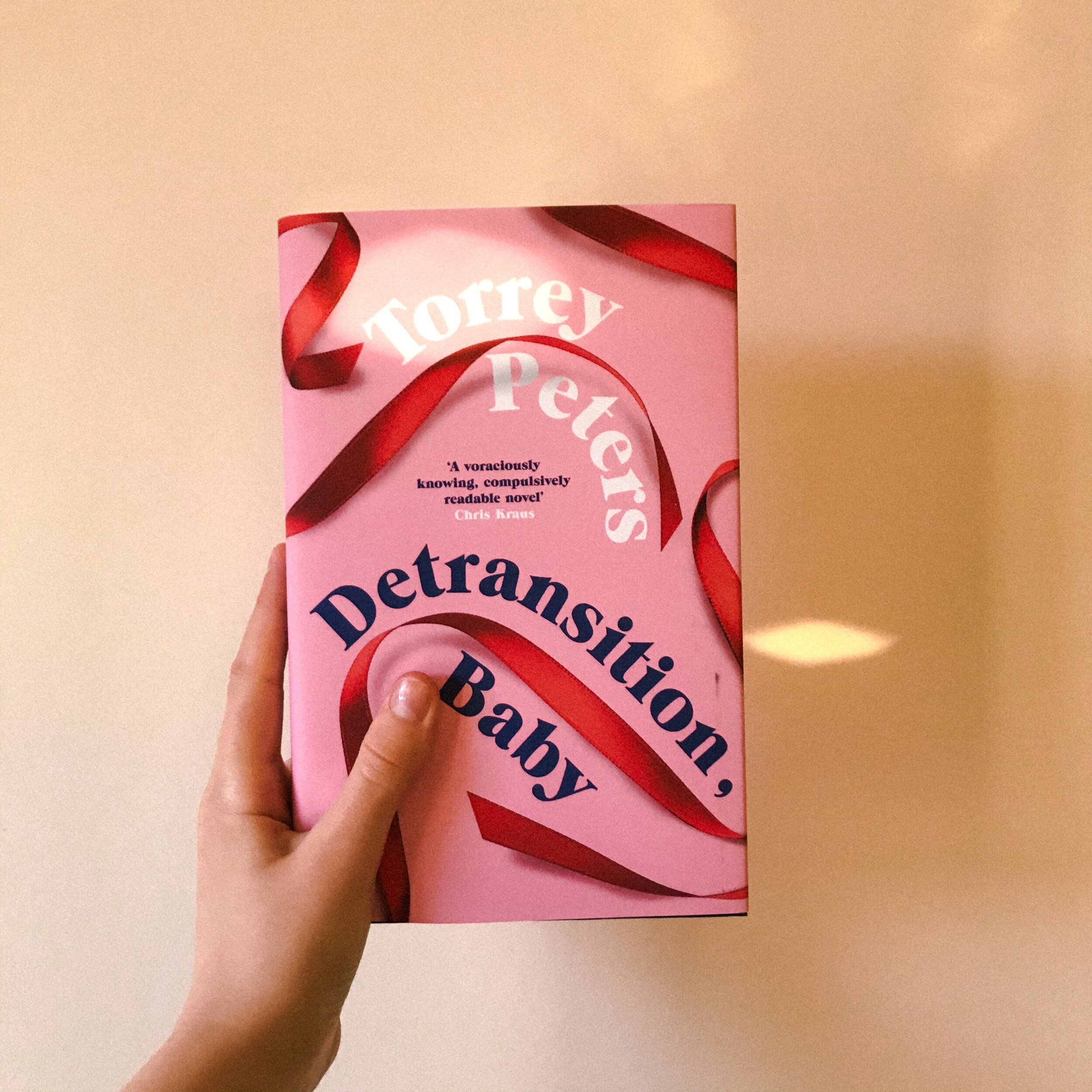
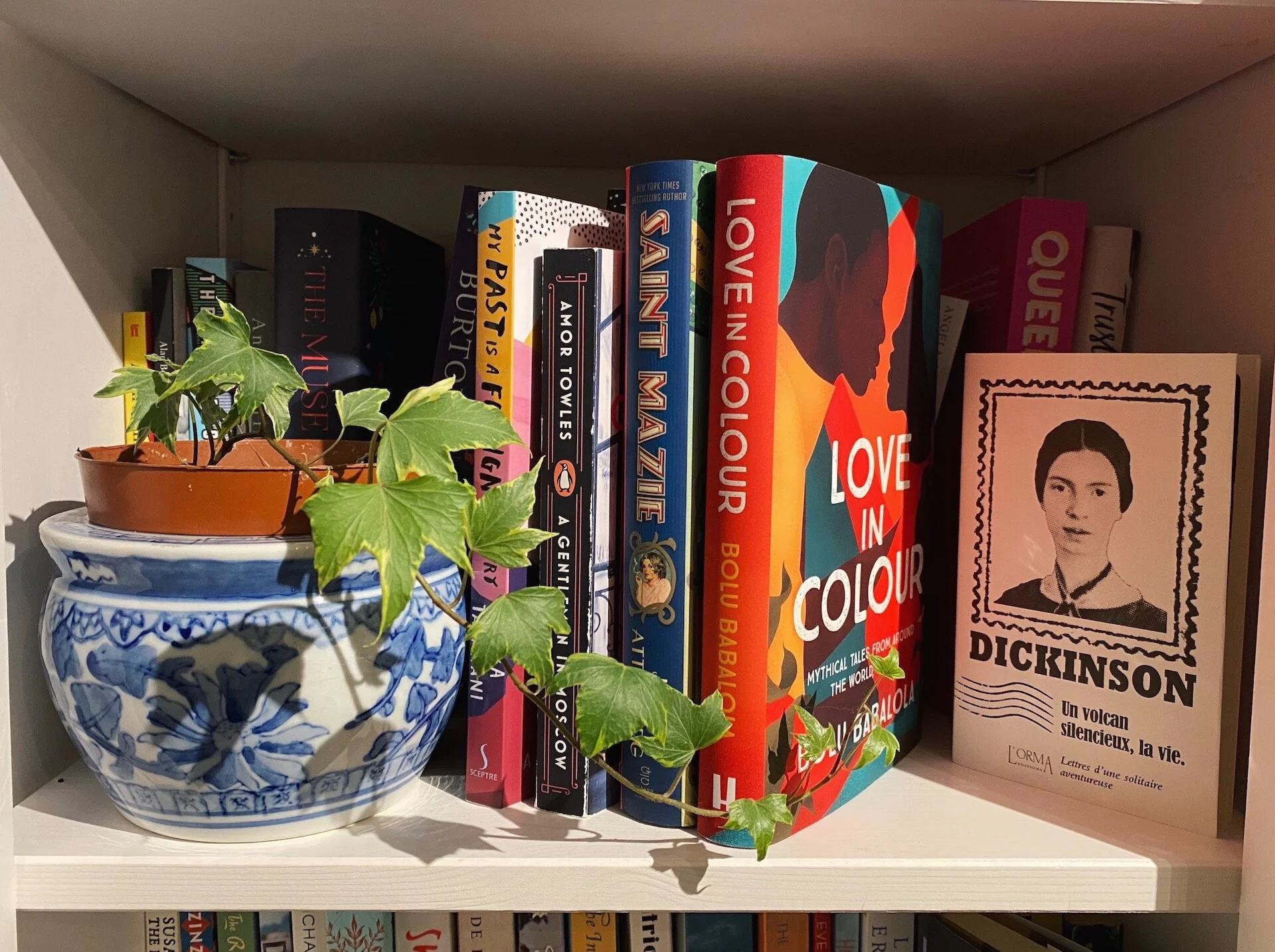
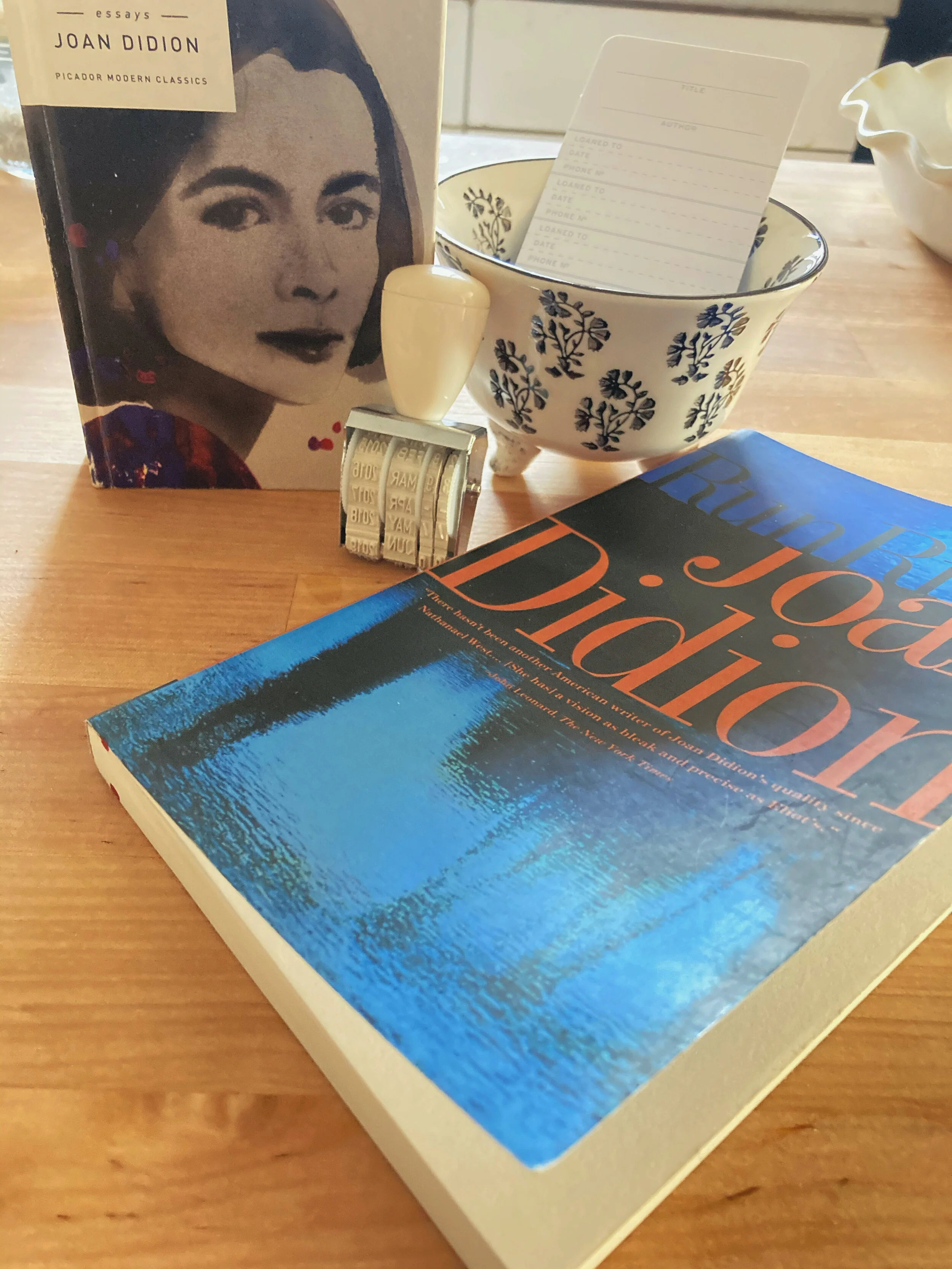
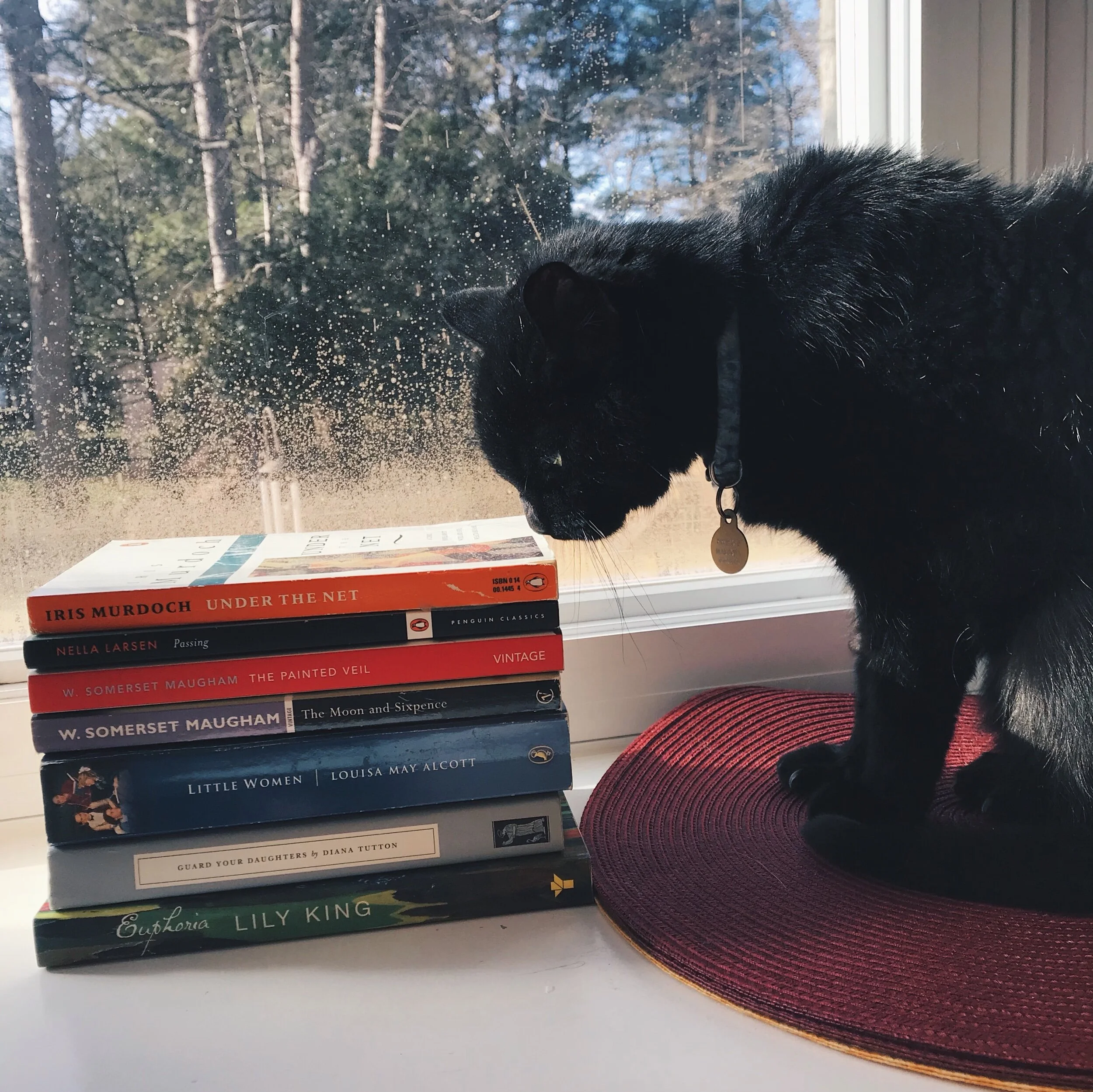


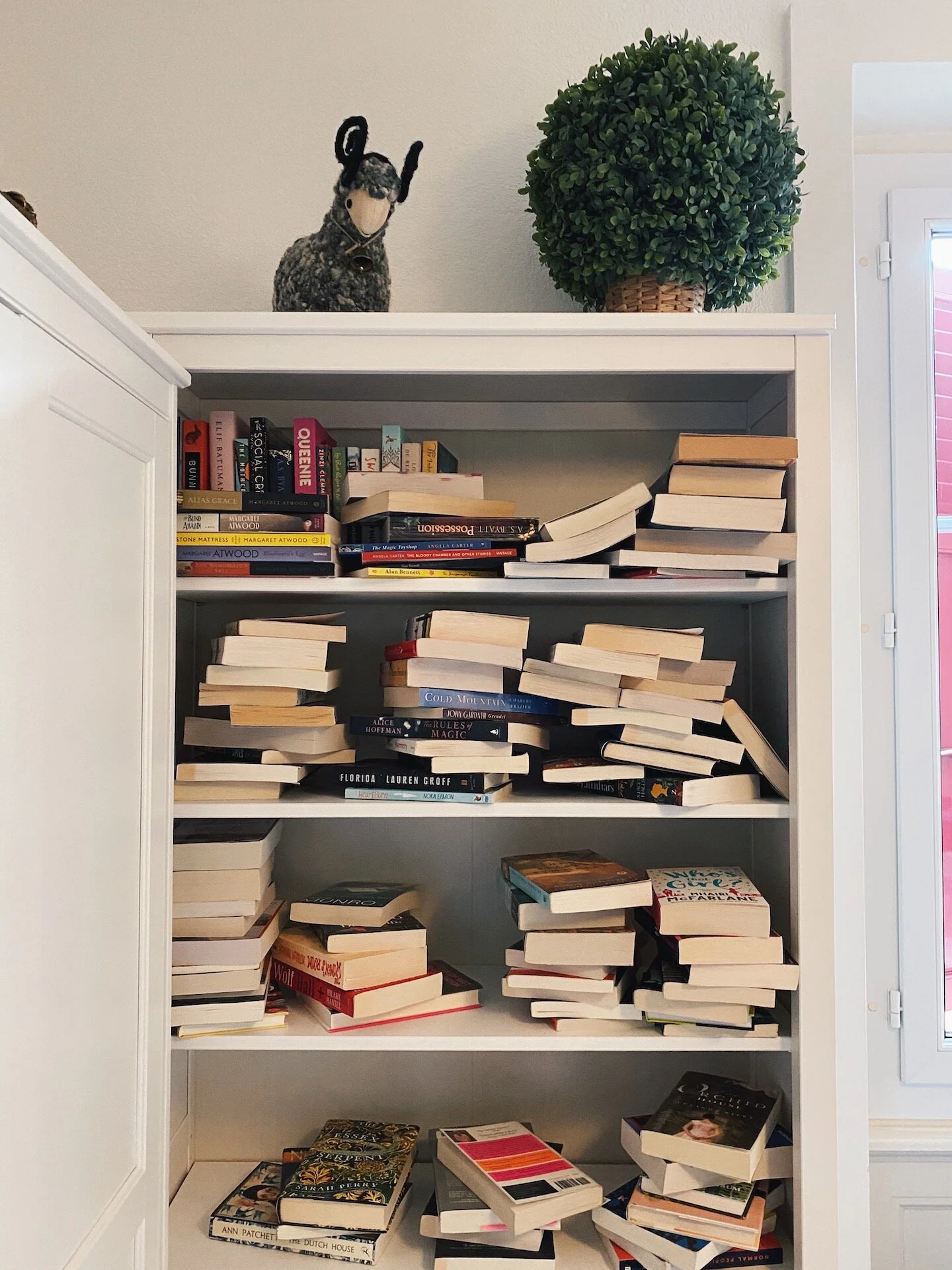
Reading Naoise Dolan’s Exciting Times and Katie Kitamura’s Intimacies, Rachel Tay explores the unease of moving away from one’s own country and language.